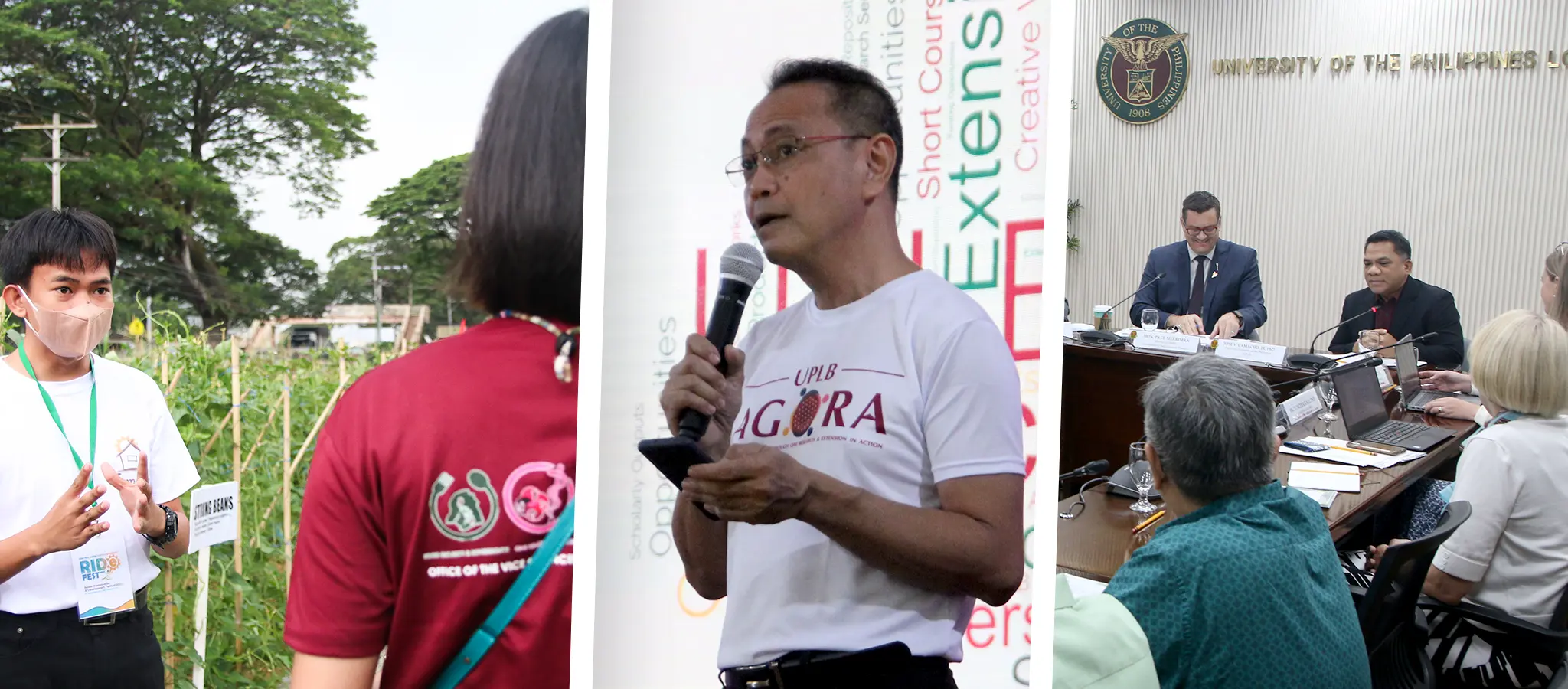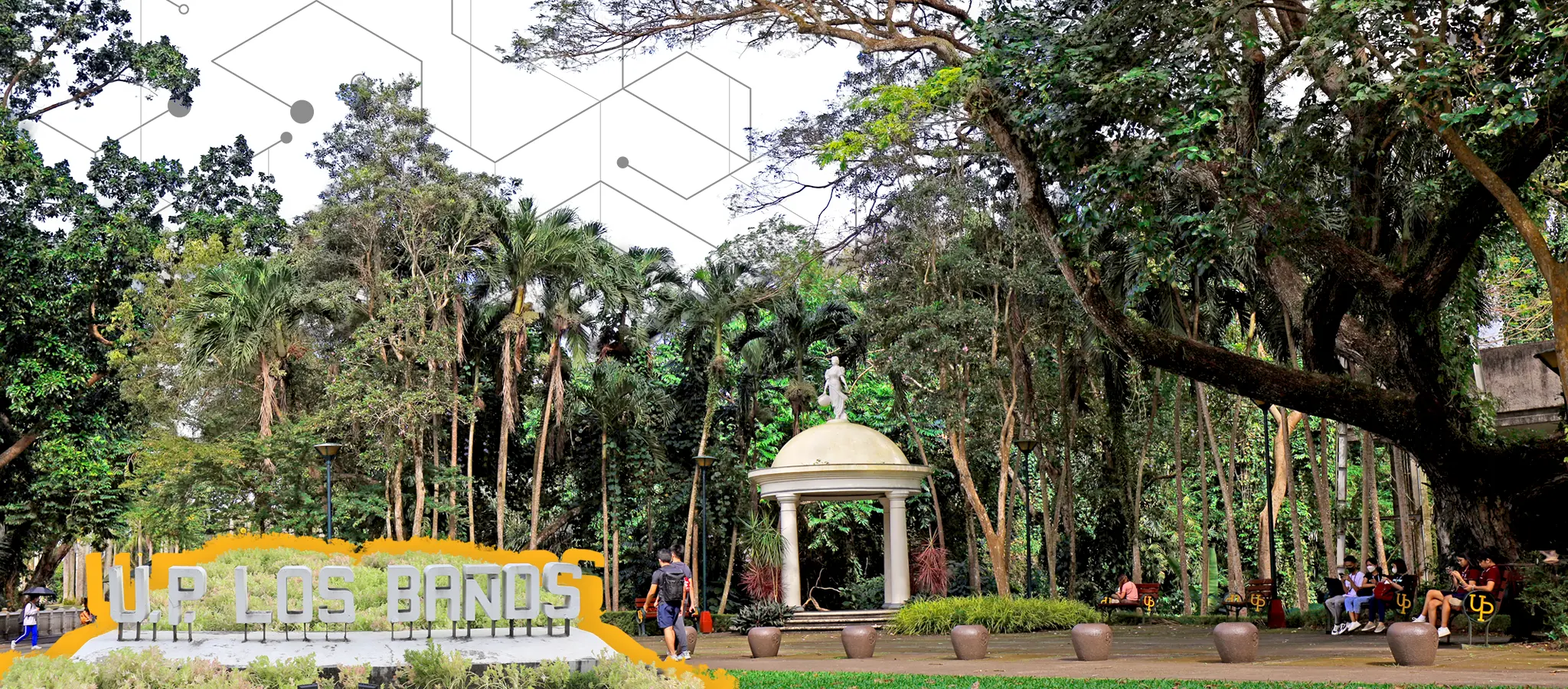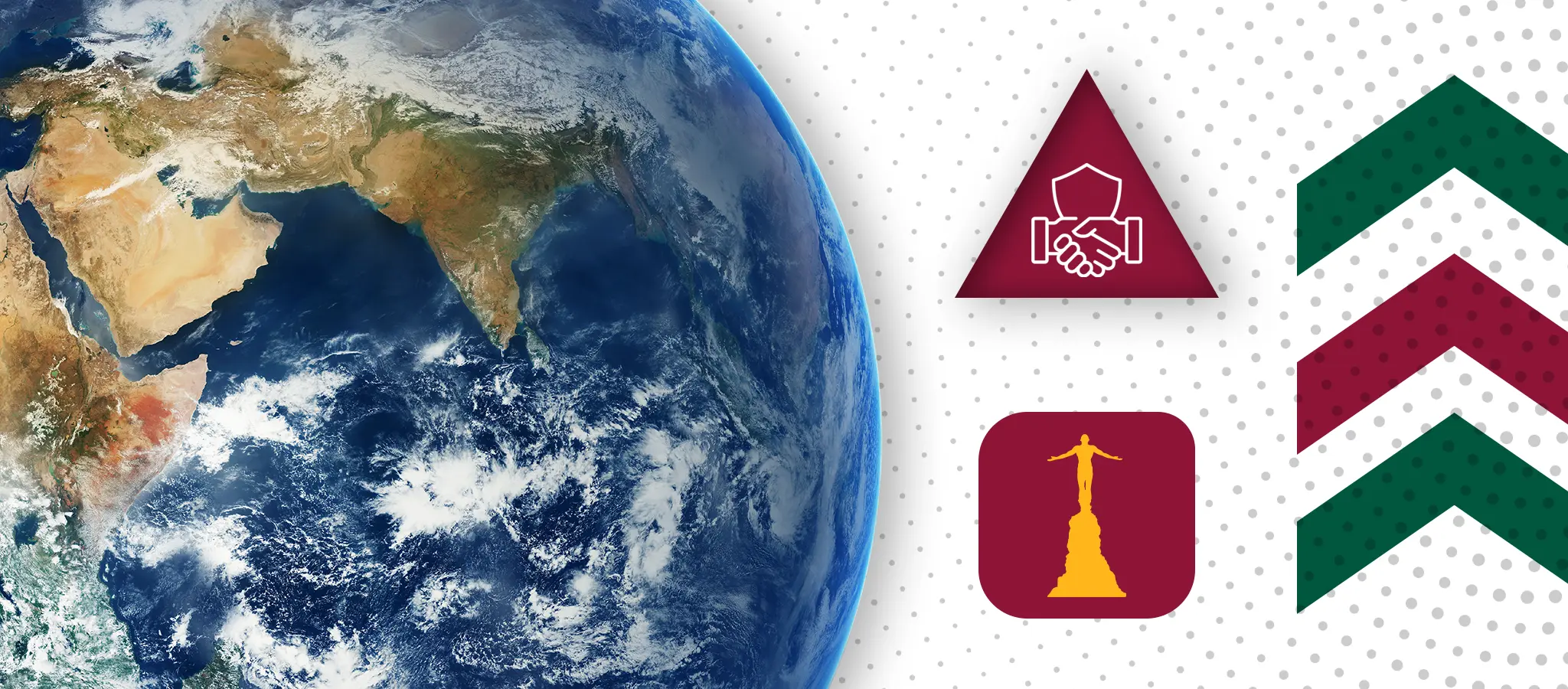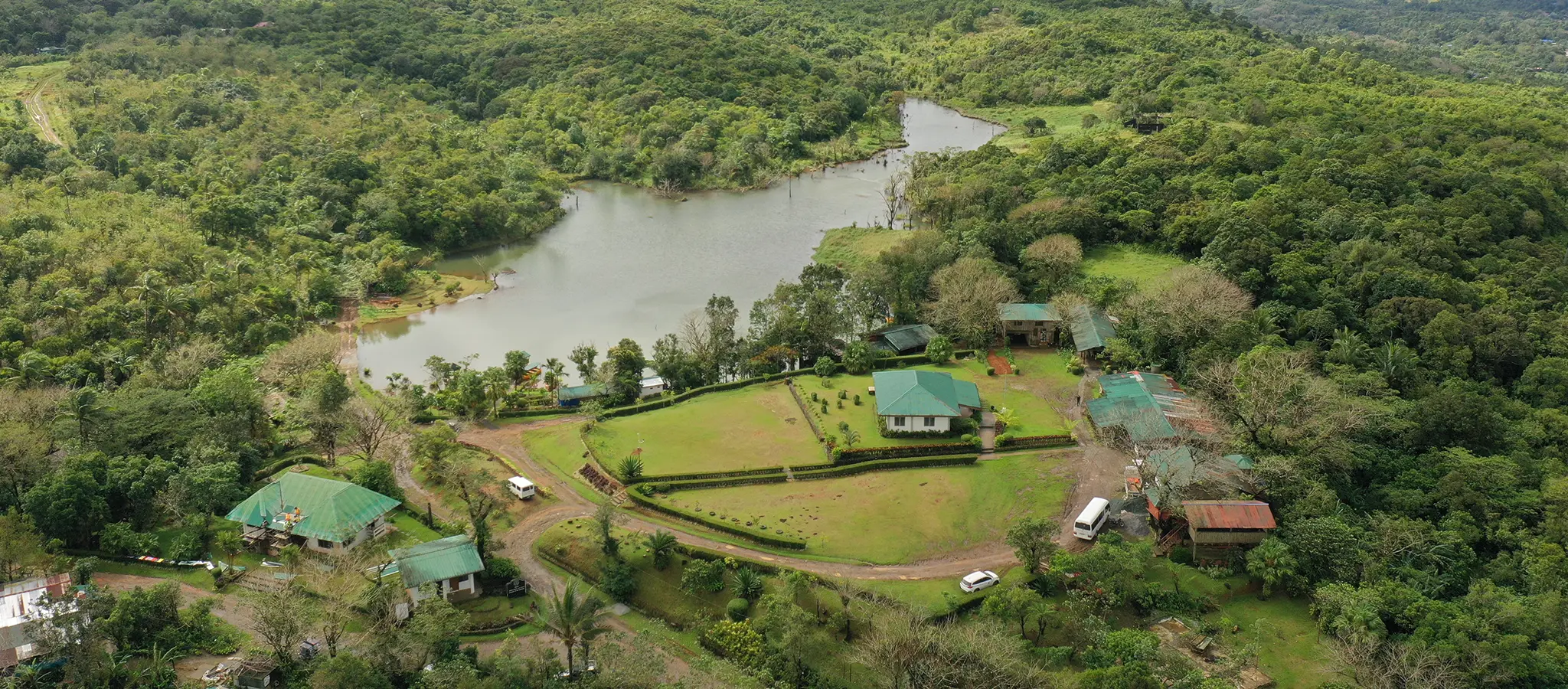
A rebranded agenda for research and extension (R&E) at UPLB heeds the call for more effective solutions to real-life problems and a new strategic roadmap toward achieving genuinely inclusive and sustainable growth for Filipinos. It is called the UPLB AGORA or Accelerating Growth through One Research and Extension in Action.
AGORA, which means “marketplace,” visualizes UPLB as a marketplace of innovative and groundbreaking ideas in the fields of agriculture, forestry, development communication, veterinary medicine, engineering, natural sciences, and social sciences.
Guiding the UPLB AGORA is an interdisciplinary framework, composed of four focus areas: Food Security and Sovereignty, One Health, Resilience and Sustainability, and Future Communities and Institutions. A fifth focus area, Social Justice and Cultural Flourishing, will be launched in 2024.
Under these focus areas are the university’s R&E programs that also serve as the university’s development thrusts, as they respond to the aligned targets set by the Sustainable Development Goals (SDGs) of the United Nations.
Food Security and Sovereignty produces signature research on smart agriculture systems powered by Agriculture 4.0 Technology like big data, the internet of things, and precision agriculture. One Health focuses on biosecurity and biosafety to ensure that human, animal, and environmental health are resilient against emerging diseases and even future pandemics. Resilience and Sustainability maximizes science, technology, and innovation systems to protect and manage agriculture, forestry, natural resources, and the environment. Future Communities and Institutions brings agricultural farming schemes to urban and peri-urban systems for the empowerment, capacity-building, and economic development of communities.
To benefit people from this rebranded agenda, UPLB faculty, researchers, extensionists, professional staff, administrative staff, and students must be guided by the fivefold values of compassion, inclusivity, active engagement, collaboration, and science-based recommendation. This will enable UPLB to offer sound and selfless assistance and solutions to pressing societal concerns.
Ultimately, UPLB AGORA envisions economic growth for the Philippines where environment and biodiversity are protected and accounted for in every development effort, different generations can access equitable services and join participatory decision-making processes, and decent employment opportunities are made available.
In a nutshell, this R&E agenda makes UPLB a “marketplace of pioneering and demand-driven research and extension for development and innovation – through systems thinking, solutions-making, and future-proof paradigms.”
How does OVCRE operationalize UPLB AGORA?
For the past 25 years, the Office of the Vice Chancellor for Research and Extension (OVCRE) has been leading the university in coordinating, promoting, monitoring, and evaluating R&E programs. OVCRE also assists in generating resources and establishing inter-institutional R&E linkages, and coordinating staff development for Research, Extension, and Professional Staff (REPS).
Dr. Nathaniel C. Bantayan, current VCRE, articulates an operationalization of how OVCRE will work and proceed as guided by the UPLB AGORA — with PROACT or Participatory Response to Opportunities for Action. PROACT enables OVCRE to nurture and sustain its collaborations with communities, institutions, and industries, both local and international.
Under PROACT are four key components reflective of UPLB AGORA’s focus areas: Refining Research and Innovation Systems, Advancing REPS Welfare, Strengthening Local and Global Linkages, and Intensifying Extension and Public Service.
To ensure future-proof, more efficient, and effective results in R&E processes, OVCRE adapts to the fast-changing technology society by providing and sustaining an enabling environment for innovation and creativity among its staff through improved programs, systems, and processes that are continuously reviewed, streamlined, and digitally transformed. For instance, data harmonization, digital transformation, and streamlining have been done for project monitoring, and analytical capacity assessment for R&E human resources and physical assets.
UPLB’s REPS are continuously nurtured through staff welfare initiatives and motivating them to contribute to the vision of a future-proof research university. The REPS Welfare Council, REPS Personnel and Fellowship Committee, and REPS Development Fund Committee continuously develop and implement improved policies, guidelines, and programs that prioritize and safeguard REPS welfare as well as address their most pressing concerns and problems.
OVCRE also strives to maintain and strengthen local and global linkages by collaborating with other institutions and industries for joint R&E partnerships, academe-industry linkages, and opportunities for staff development. Just recently, the office launched the AGORA Roadshow and met with the Los Baños local government units and higher education institutions (HEIs) to share best practices and challenges and discuss possible areas of collaboration in Research, Development, and Extension.
OVCRE’s Quick Response Mechanism Towards Disaster Resilience Project monitors and assesses climate change impacts, develops mechanisms to immediately document natural hazards, and establishes a network of partners and collaborators.
OVCRE intensifies Extension and Public Service through the creation of the joint Knowledge Management and Extension and Public Service Section, where various visits and discussions with communities, local government units, and HEIs are conducted for potential collaborations and partnerships through the implementation of various extension programs and services.
Some of the projects initiated to achieve this objective were: the community needs assessment for UPLB services and technologies and mapping of UPLB R&E project implementation; offline and online promotion of R&E culture; and the development of the UPLB Extension Fund Program.
By establishing a caring community, needs are better understood and addressed, participation is encouraged and fostered, and interventions are more appropriate and realistic.
The UPLB community always faces the challenge of continuously implementing and cascading UPLB’s R&E efforts to diverse stakeholder groups toward a nation that is food-secure, healthy, resilient, sustainable, and future-proof, especially in today’s post-pandemic era.
Amidst volatile, uncertain, complex, and ambiguous times, UPLB will keep its oath to accelerate growth through a unified research and extension–constantly proactive, innovative, pioneering, and future-proof.
Share this on:



